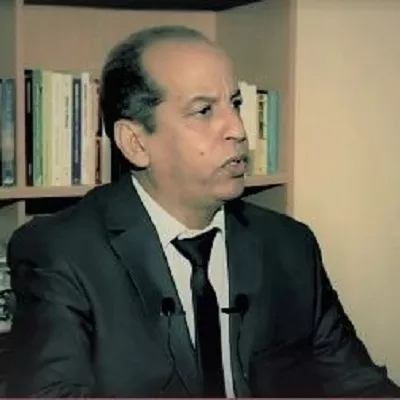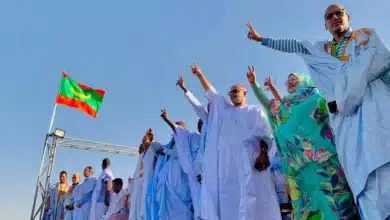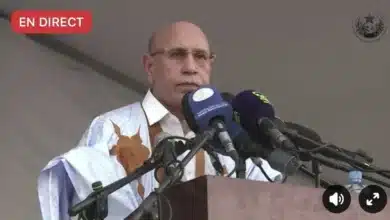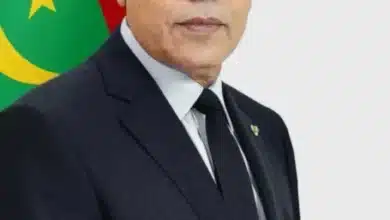What if there had been no armed resistance?

What if there had been no armed resistance?
It’s a well-known fact, even taught to French schoolchildren: the French Resistance fought valiantly against the German occupation.
Was it all graffiti, marching, praying and revolutionary rhetoric?
No, the French had done what any colonial people would do to free themselves.
First, they did everything to make the colonists’ stay impossible: sabotage, assassinations, and popular uprisings. Then, by acting directly, when the outcome was no longer foreseeable. In modern parlance, this is called terrorism. It increases with the power of the occupier, the aggressor.
General de Gaulle, a staunch opponent of Vichy, understood that in the face of the German war machine, it was impossible to rely on the popular forces and their rudimentary means to drive out the enemy. The soft method is for soft causes. On the other hand, occupation is intolerable: it deprives people of what they cherish most,
their freedom, even their very existence.
So the Allies spared no expense and launched Operation Overlord – anything but a peace process, direct and indirect negotiations named « Gaza-Jericho First », but an armed landing of unprecedented violence.
Yet the League of Nations, the forerunner of the United Nations, already existed.
Why wasn’t it relied upon to restore French rights?
The French people’s intifada stone-throwing in the face of German tanks was ridiculous. It was David versus Goliath, arm-wrestling without a happy outcome for la France Libre.
Moreover, if it hadn’t been for the Algerian War of Independence, fought after all peaceful means had been exhausted, Algeria would today be a French borough, more attached to the French national body than an overseas region. And without the « terrorist » attacks of the Viet Minh on the French army, in particular the terror of
Diên Biên Phu, France would never have understood that Indochina was a Vietnamese territory, a country in South-East Asia, some ten thousand kilometres away from France.
Finally, in defiance of international law and all the relevant resolutions, the State of Israel, a small, over-armed country with an almost entirely reservist population, had won everything by war.
As far as the Palestinians are concerned, the UN only intervened in 1948 to decree the unjust partition of their country to provide a national home for the Jews of the world. Since then, it has confined itself to condemning the infernal cycle of violence in the Middle East, which has been the preoccupation of its successive
secretaries-general, who have always been preoccupied with this endless conflict with its recurrent wars, the latest of which was just launched on 7 October 2023, by the Azzedine Al-Qassam Brigades, the armed wing of Hamas, a charitable organisation which, after the failure of the international community and the Oslo Accords to
impose a two-state solution, became a resistance force, a national liberation army inspired by the Algerian people, who sacrificed a million martyrs.
Even then, the French government and its complicit press branded the Algerian resistance as outlaws, terrorists of the worst kind.
Nice or not, what difference do these epithets make to a people fighting to regain occupied territory?
Is the Mossad not suspected of poisoning Nobel Peace Prize winner Yasser Arafat?
It is not the Palestinian and Arab conscientious objectors who will bring the Zionist entity to its knees, with the unconditional support of the United States and the Western camp, just because of the constant cooing of the Palestinian doves and the world’s pacifists. As Gamal Abdel Nasser said, what is taken by force can only be
taken back by force. An increasing number of clear-sighted observers agree with him.
Granted, the distinction between resistance and terrorism is not simple, but that does not diminish the relevance of international law and its inviolable principle of peoples’ right to self-determination. But by what means, then?
Ely Ould Sneiba




